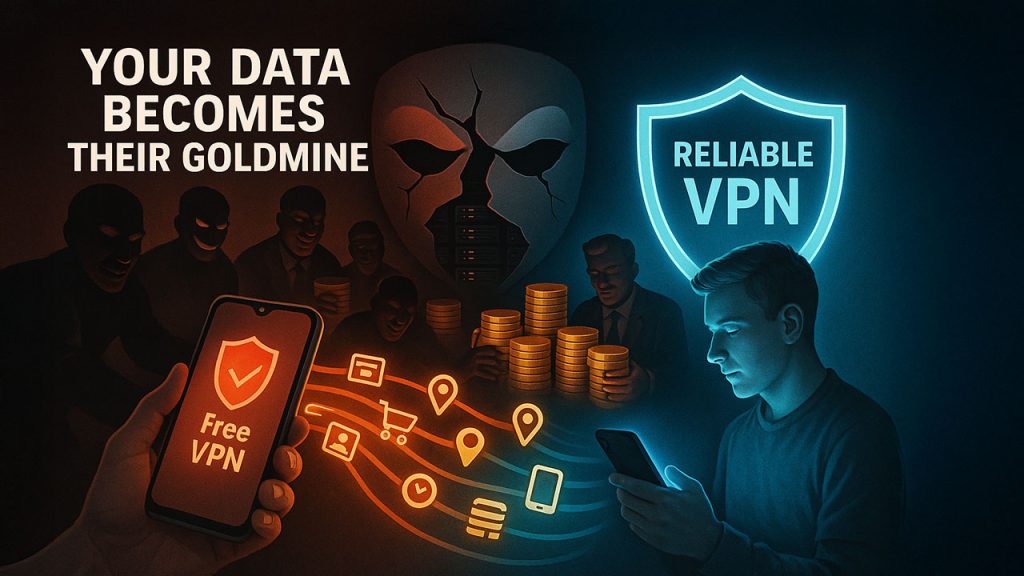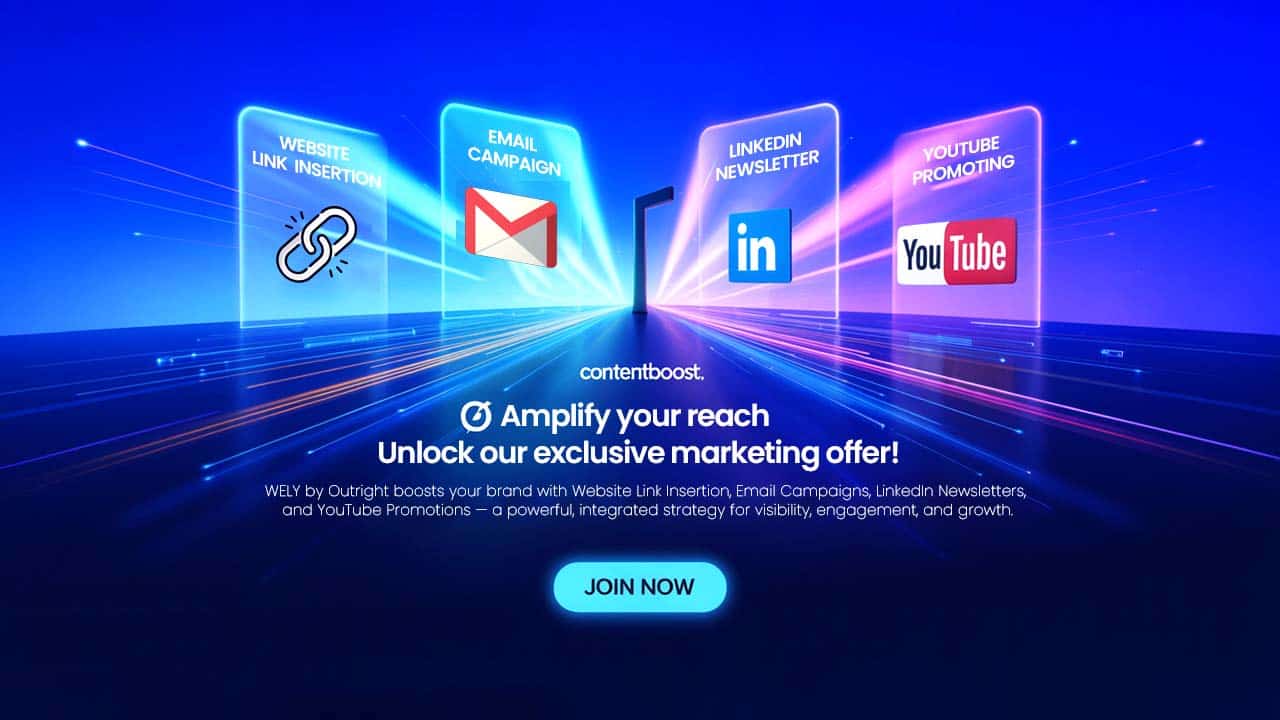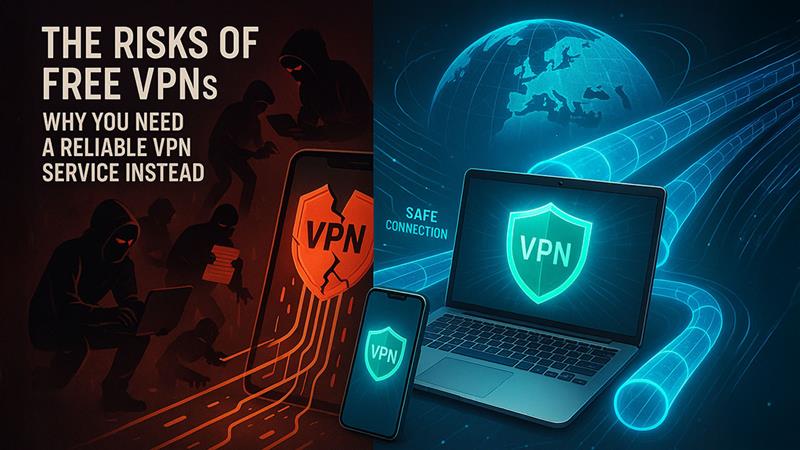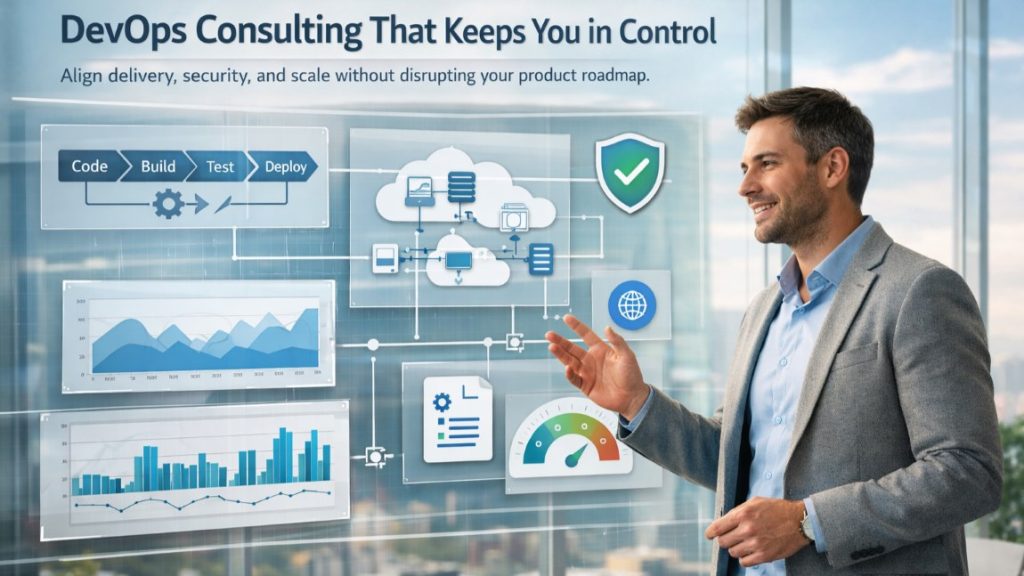Free VPNs seem like perfect solution at once, but not it. Anonymous browsing without spending a dime. But here’s the catch, over 86% of free VPN applications developed with a
Free VPNs seem like perfect solution at once, but not it. Anonymous browsing without spending a dime. But here’s the catch, over 86% of free VPN applications developed with a shady privacy protocol that raises several questions in mind.
Let’s be honest, most people are at the same spot. For example, you’re looking to access web content that is blocked in a particular region or need some privacy while utilizing public Wi-Fi. That free VPN in the app store looks tempting. Zero cost, one-click installation, problem solved. Except it's not that simple. But the reality is nothing is entirely free, these “free" services still make money by exploiting your personal data, behavior, and digital assets. Indirectly, you’re like a product that they are illegitimately selling for their benefit.
Understand How Free VPN Make Money
Operating VPN servers isn't cost-friendly anymore. Each server location needs thousands of dollars per month, along with bandwidth expenses increases simultaneously with every user who connected. So, given these ongoing concerns, free VPN businesses need robust strategies to stay align in the market.
Three ways, and you won't like any of them. First, they bombard you with ads (annoying but relatively harmless). Second, they sell your browsing data to whoever's buying. Third, they cripple the free version so badly you'll upgrade out of frustration. Each method defeats the whole point of using a VPN.
Think about it: a decent VPN server handling 1,000 users costs around $2,000 monthly just for hosting and bandwidth. Free providers with millions of users? That's astronomical overhead. Without subscription fees, they've got to make money somewhere. And that somewhere is your personal data.
Your Data Becomes Their Goldmine

Free VPN companies are basically data collection operations wearing privacy masks. They're tracking everything: sites you visit, when you connect, what device you're using, where you're located. The irony is thick.
A reliable VPN service operates transparently with strict no-logs policies and independent audits. Free alternatives? They bury sketchy data practices in terms of service novels that nobody reads. I found one with a 14,000-word privacy policy that basically says "we can sell your data to anyone we want."
Here's how the math works: data brokers pay $0.10 to $0.50 per user profile. These profiles include your browsing habits, shopping preferences, everything. A free VPN with a million users can make serious cash selling bulk data. You wanted privacy but got the opposite.
Malware: The Gift That Keeps on Taking
This one's scary: researchers found malware in 38% of free VPN apps they tested. Not just annoying adware either (though there's plenty of that). We're talking banking trojans and keystroke loggers.
The encryption situation is equally grim. ZDNET research team discovered tons of free VPNs still using PPTP encryption. PPTP was cracked back in 1998. Using it today is like locking your door with scotch tape.
And don't get me started on DNS leaks. Testing shows 84% of free VPNs leak your real IP address anyway. So much for anonymity, right? Premium services include DNS leak protection, kill switches, the works. Free ones? You're lucky if the connection stays up for an hour. However, it’s important to secure your DNS with robust tools to mitigate such security risks, leading to secure browsing and ensured protection against threats.
Why Everything Runs So Slowly
Ever wonder why free VPNs make your internet feel like 1999 dial-up? They throttle speeds intentionally to save on infrastructure costs. Users typically see 70-90% speed drops. Your 100 Mbps connection becomes 10 Mbps if you're lucky.
Server overcrowding makes it worse. Free providers run maybe 10 servers total while premium services have thousands. Picture millions of users cramming through 10 doorways. During peak hours, free VPN servers hit 97% capacity. Paid services hover around 30%.
Then there's bandwidth caps. Most free VPNs limit you to 500MB to 10GB monthly. Netflix burns through 3GB per hour watching HD content. You can't even finish a movie! Users end up disabling the VPN for anything important, completely defeating its purpose.
Ad Injection Gets Dangerous
Free VPNs love injecting ads into your browsing. Not just banner ads on the VPN app itself, but actually modifying web pages you visit to squeeze in more advertisements.
This isn't just annoying; it's risky. CNET documented cases where compromised ad networks distributed ransomware through free VPNs. Thousands of users got infected because their "security" tool became an attack vector.
The business model is backwards. VPN providers profit by showing you more ads, which requires tracking your behavior for targeting. You ask for privacy but received ongoing monitoring in response. As like a bodyguard monitoring your every move, free VPNs silently monitor your every activity on browser and turn your privacy into exposure.
Regional Restrictions Damage Your Experience
Free VPNs provide weak and limited choice of server locations, typically 3-10 locations against hundreds of premium services. Streaming services aren't stupid; they blacklist known VPN addresses constantly.
Free providers can't afford IP rotation, so their limited addresses get blocked fast. That "access any content anywhere" promise? Dead within weeks as Netflix and Hulu ban every server. Users in Asia, Africa, or South America often find zero nearby servers, making connections unbearably slow.
The servers that do exist cluster in cheap hosting locations. Need a specific country for accessing local content? Good luck. Free VPNs put servers where hosting is cheapest, not where users need them.
Legal Nightmares Waiting to Happen
Many free VPNs operate from countries with terrible privacy laws. They incorporate in jurisdictions where data protection doesn't exist, giving them free reign over your information.
Wikipedia's VPN regulation overview shows how certain countries require VPNs to log user activity for government access. Free services in these locations must comply, regardless of their marketing promises. You think you're hidden but you're actually more visible than ever.
Copyright issues create another minefield. When copyright holders trace piracy to VPN addresses, free providers throw users under the bus immediately. They'll hand over your information faster than you can say "DMCA notice."
The Real Price You're Paying
Add it up: malware infections, identity theft, lost productivity from slow connections. These hidden costs massively exceed what you'd pay for a legitimate VPN service.
One stolen banking credential costs victims thousands in recovery expenses and hundreds of hours fixing the mess. Identity theft from a data breach? Even worse. IBM found average business data breaches cost $4.45 million. That free VPN introducing vulnerabilities into your company network could literally bankrupt you.
Time to Get Serious About Privacy
Professional VPN services cost $3-12 monthly. That's less than your Netflix subscription for actual privacy protection. They leverage subscription costs to make money, instead of exposing your data to showing affiliated ads.
Paid service providers offer completely different features, such as steady IP rotation, a wide range of servers, and advanced standards like WireGuard. They leverage sovereign reporting, handle well-defined guidelines audits, and genuinely answer support queries. This level of quality and reliability makes it different from free VPN services.
If you’re looking to invest in VPNs, consider trustworthy, reputable providers with clear administration and certified zero-logging practices. Test their customer support before buying. Read those independent audit reports. A few minutes of research saves years of headaches.
Free VPNs are like free lunches: they don't exist. Someone always pays, and with free VPNs, that someone is you. The question isn't whether you can afford a real VPN; it's whether you can afford not to have one. The modern evolving landscape shows data breaches are frequently increasing and data privacy compromises daily, top-notch VPN services aren’t optional anymore
Respond to this article with emojis






